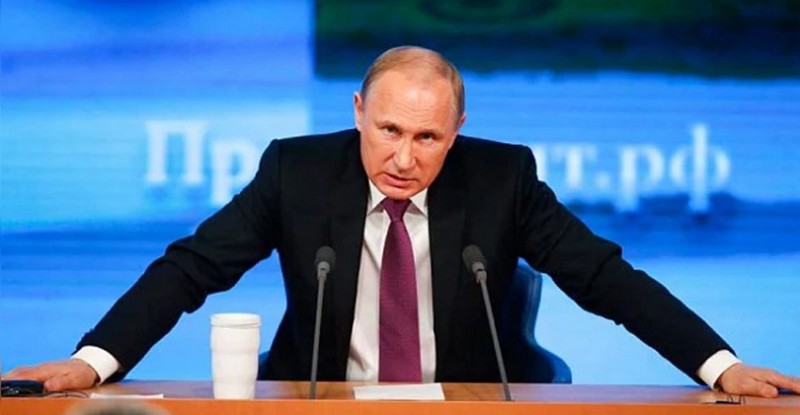
Russian President Vladimir Putin has instructed scientists to develop an urgent anti-aging treatment in a bid to address the country's decreasing life expectancy. The new directive from the Health Ministry aims to save 175,000 lives by 2030 by focusing on solutions for cellular aging, cognitive decline, and sensory impairment.
This unexpected initiative has caught the medical research community off guard due to its abrupt nature and demanding timeline. The directive, which came to light through investigative reporting, calls on research institutes to propose rapid advancements in several key areas. These include preventing cellular aging, advancing technologies to stop cognitive and sensory deterioration, and improving immune system function, all while integrating cutting-edge medical technologies like bioprinting.
Russian Deputy Prime Minister Tatyana Golikova highlighted the government's commitment to investing in technologies that promote healthy aging at the 'Rossiya' exhibition in Moscow. This move is part of a broader national strategy to improve longevity among Russians.
Responses from the medical community have been mixed. One doctor noted the surprising urgency of the task, saying, “The request came with an incredibly tight deadline. It’s unusual for national projects to be launched without prior discussions and meetings.”
Another researcher expressed skepticism about the project's timing, especially amidst ongoing national issues. “The sudden push to focus on anti-aging during a time of broader challenges is puzzling. It feels like an unnecessary distraction,” the researcher said.
Financial concerns also loom large over the project. Some experts worry about the feasibility of developing new drugs and technologies, which can be extremely costly. “The financial demands of this initiative are substantial. Developing new treatments involves billions, and it’s unclear if the project can meet these expectations in the given timeframe,” a source close to the Kremlin commented.
Mikhail Kovalchuk, a prominent scientist and ally of President Putin, has been a strong supporter of the anti-aging initiative, often discussing ambitious goals for longevity and the potential of the "Russian genome."
The urgency behind this initiative stems from recent data showing a drop in Russia’s average life expectancy to 73.24 years between July 2023 and June 2024, according to the Federal State Statistics Service of Russia (Rosstat).
As the project progresses, it remains to be seen whether the scientific community can deliver on the tight deadlines and if the solutions proposed will be both effective and financially viable. The challenge of saving 175,000 lives by 2030 will demand significant innovation and cooperation among Russia's leading researchers and institutions.
Russia’s Strategic Response to Kursk Incursion: Containing the Threat Amidst Military Challenges
Kim Jong Un Orders Execution of Officials Over Flood Damage
Over 50 killed in Russian missile strike on Ukrainian city of Poltava